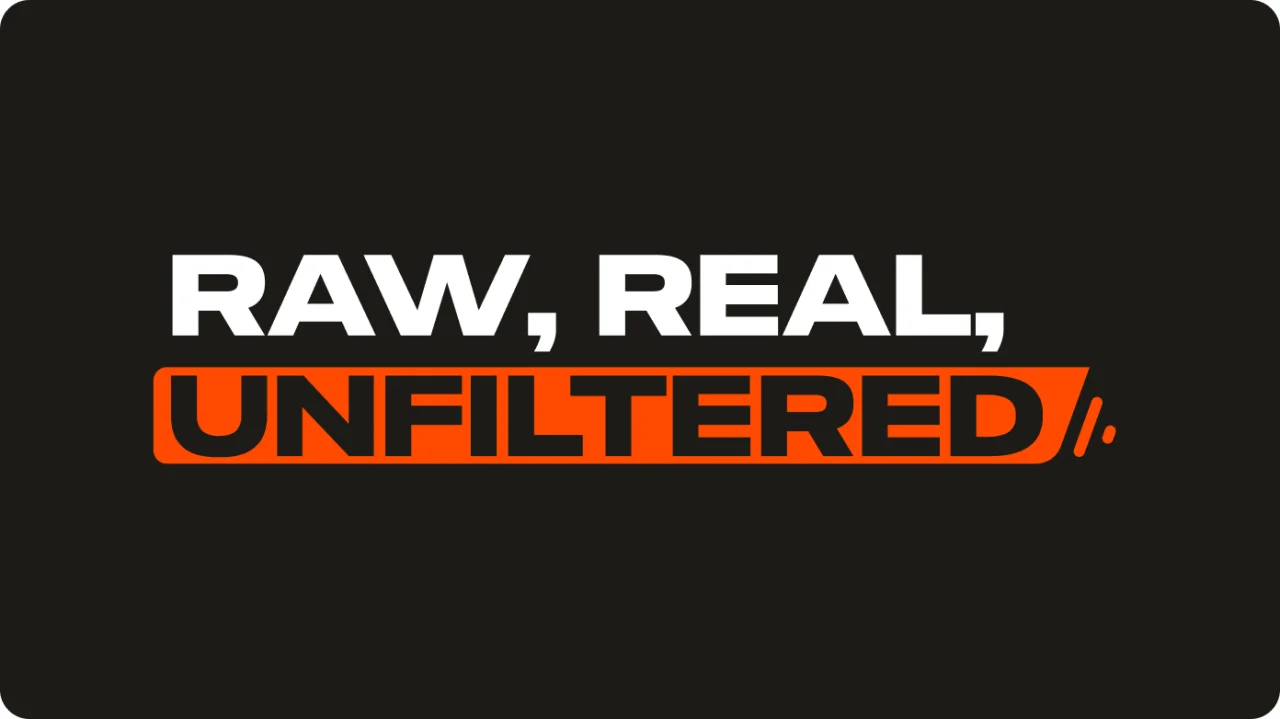How to Write a Business Contract: Start with the Basics
The most important thing to remember when learning how to write a business contract is that clarity beats complexity. Your focus should be on protecting your business by clearly outlining expectations, obligations, and consequences if things go sideways.
Here’s a checklist of what to include:
Names and contact info of all parties involved
Scope of work or deliverables (who’s doing what?)
Deadlines or timelines
Payment terms (how much, when, and how?)
Termination clause (how can either party exit?)
Dispute resolution (will you go to court, mediation, or arbitration?)
Confidentiality and non-compete clauses (if needed)
Signatures and dates
If you can’t understand it, neither will anyone else. A confusing contract carries the risk of being unenforceable should a dispute arise. Bad drafting can ruin a business contract.
How to Make a Legal Contract Without a Lawyer
What if you can’t afford an attorney right now, but want to ensure your business contract holds up? Let’s talk about how to make a legal contract without a lawyer. Follow these steps:
Find the right template. Use a reputable template platform.
Adapt the contract to your needs. Customize the terms so they fit your business relationship. Don’t just plug and play without reading.
Confirm applicable laws. Double-check your local laws since enforceability can vary by state. For example, California has specific rules on what makes a contract valid.
Maintain documentation. Keep records of all communication, such as emails, invoices, and messages, to support your written agreement if disputes arise.
If you have a business partner or someone you trust with the type of information in the contract, it is always a good idea to have someone check your work.
Read Contracts Like a Lawyer: Red Flags to Watch For
Entering into a contract is like entering into any other relationship. Regardless of how good the offer looks, it is important to check for red flags, such as:
Vague language. Words like “reasonable,” “soon,” or “as needed” are too subjective.
One-sided terms. If all the penalties or risks fall on you, walk away.
Auto-renewal clauses. These can lock you into deals indefinitely and have short cancellation windows.
Jurisdiction traps. If a contract requires disputes to be handled in a state far from you, it could cost you big time.
As you gain experience reading contracts, you’ll begin recognizing patterns and potential problems. It is important to address them before you sign anything.
Contract Basics Every Business Owner Should Know
Here’s a quick primer on contract basics that every entrepreneur should be aware of:
Oral agreements can be binding, but written ones are easier to enforce.
You can’t trick or pressure someone into signing a contract because the parties must mutually agree to its terms.
Everything is negotiable, and you have every right to mark up a contract and send it back for review.
Initialing changes is crucial if you modify a printed contract by hand.
Digital signatures (e.g., DocuSign) are valid in all 50 states under the ESIGN Act.
If you’re entering your first big contract, consider having a lawyer review it, even if you wrote it yourself. A one-hour consultation might cost a few hundred dollars, but it can save you thousands later. If that is not in the budget, go through it with a fine-tooth comb, now that you know what you are looking for.
Why Contract Templates Are Your Best Friend
Templates give your business a head start, provide professional structure, and help you to feel more confident in negotiations. But don’t just download any free template from the internet. Look for platforms that:
Are vetted by lawyers
Offer templates by industry or contract type
Let you fill in the details with guided questions
Update templates based on recent laws
One underrated tip: Always keep your own template library so you can reuse and tweak your documents as your business grows and needs change.





